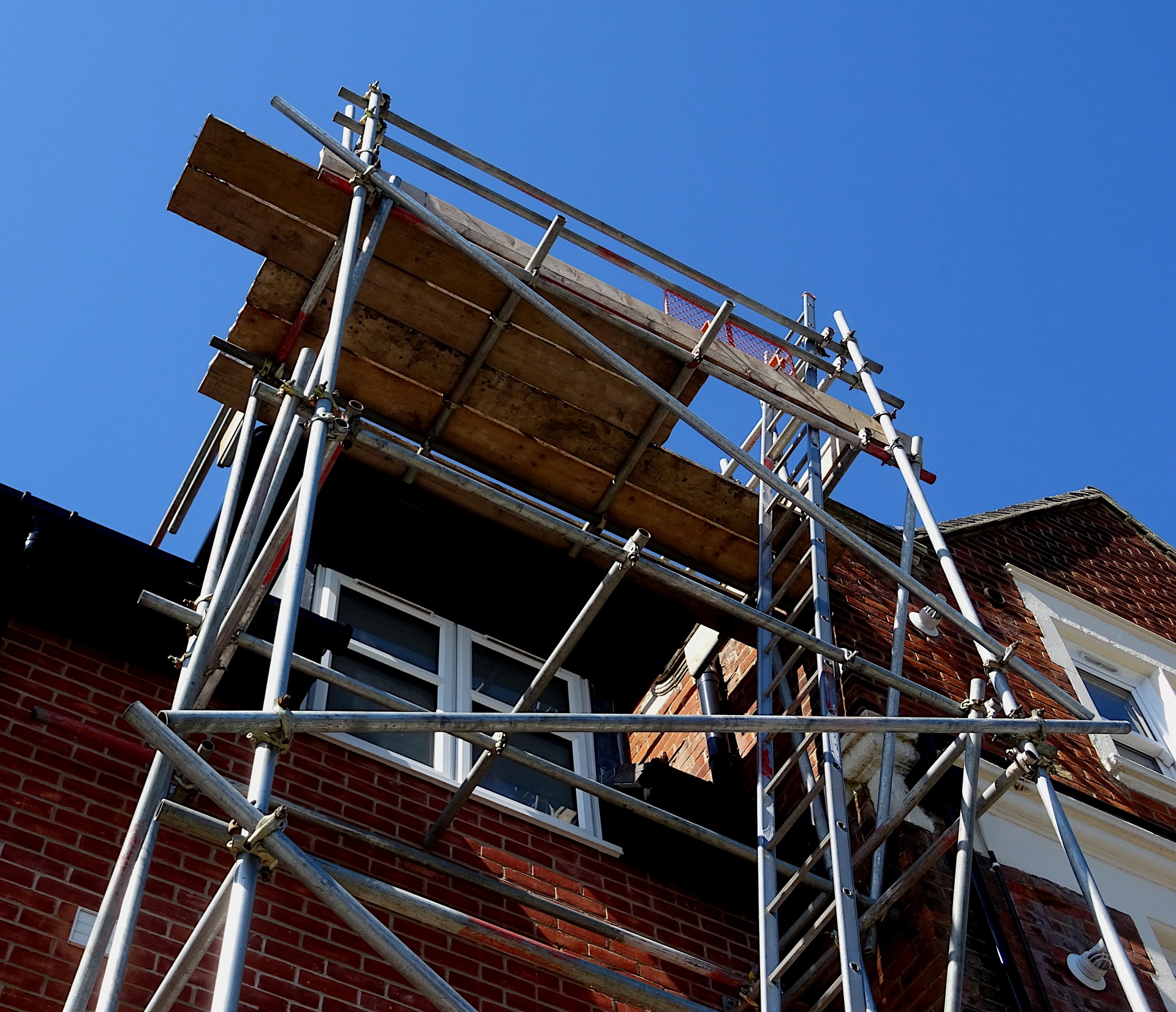{Assessing{Potential|Profit|Success} of an Investment Property
페이지 정보

본문

First and foremost, it's essential to understand your goals and strategies as an real estate enthusiast. What do you want to achieve from your investment? Are you looking for short-term return on investment? Are you capable to handle the monetary responsibilities associated with property ownership, http://finlearning.ru/PressRelease/PressReleaseShow.asp?id=777407 such as maintenance and repair costs? Setting clear goals will help you prioritize your assessment on the most critical factors.
Next, it's vital to research the local real estate market to gain an in-depth understanding of the property's environment. Look into the following elements:
- Rental yields: What return on investment can you expect from buying out the property?
- Return on investment: Is the property located in an area with high popularity, and are there any factors that could impact property rates over time?
- Market conditions: Is the local industry growing, and are there any variables that could impact property values, such as new urban planning?
- Market trends: What is the local population of the local community? Are there any emerging shifts that could impact buyer behavior?
It's also crucial to assess the property itself, including its condition, size, and architecture. Consider the following factors:
- Interior architecture: Is the property's layout conducive to capitalizing rental yield or potential buyers?
- Status: Does the property require significant repairs, and what are the associated fees?
- Dimensions: Is the property large enough to house multiple tenants or potential buyers, potentially increasing resale value?
- Conveniences: Does the property offer any attractive features, such as a backyard, that could enhance its appeal to potential buyers?
- Similar properties: Research recent sales of comparable properties in the local market to determine a fair valuation for the investment property.
- Buyer demand: Is there a high demand for properties like the one you're considering in, potentially driving up values or rental income?
- Supply and demand: Is there a shortage of available properties in the local industry, potentially impacting resale value?
- Property price: What is the total purchase price of the property, including any associated expenses such as property taxes?
- Financing options: Can you secure financing for the property at a acceptable interest rate and what are the associated expenses?
- Maintenance and repair costs: What ongoing costs can you expect, and how will you plan for them?
- Tax implications: How will investing in the property impact your tax position, and what are the real tax deductions or disadvantages?
- 이전글Why Everyone Is Dead Wrong About Safe Poker Games Online And Why You Must Read This Report 25.06.27
- 다음글Unknown Facts About Stakes Casino Revealed By The Experts 25.06.27
댓글목록
등록된 댓글이 없습니다.